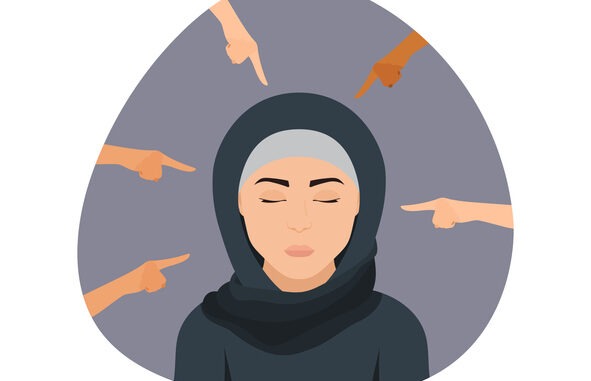
Are healthcare workers in denial about Islamophobia in the workplace? Dr Anas Tahir explores
CREDIT: This is an edited version of an article that originally appeared on RCGP
A 2015 study from the King’s Fund found Muslim healthcare workers were far more likely to experience discrimination in comparison to any other religion, and just last year the report Excluded on the Frontline, published by the Muslim Doctors’ Association, exposed the fact that although more than 15% of the registered medical workforce are Muslim, only two to three per cent are in senior leadership positions.
In 2019 the British Islamic Medical Association (BIMA) conducted a survey of Muslim health workers in which 80% of Muslim NHS staff reported Islamophobia in the workplace. Research shows that those with religious beards were asked to shave and, in some cases, threatened with GMC referrals, or denied work during the COVID-19 pandemic, without any alternative provision despite there being a supply of respirator hoods and other mitigations available.
These are but a few examples that illustrate Islamophobia within the workforce. Being a silent bystander, or denying its presence, won’t make it go away. Are we fearful of the facts, helpless to bring about change, or unsure what to do? In the same way we advocate for our patients, and tackle their denial, shouldn’t we be tackling issues faced by our colleagues?
What can we do about this?
The 12-point action plan created by the Muslim Doctors’ Association looks at actions on an individual level, drawing change from the top, celebrating diversity and reforming recruitment and policy. In response to unfounded disquiet from some politicians and medical colleagues about Muslims fasting in Ramadan during COVID (and constant micro-aggressions around workplace performance) BIMA published Ramadan clinical guidelines for managing chronic health conditions and occupational health issues during Ramadan.
With no clear national guidance on dress codes, such as hijabs in clinical environments, BIMA also worked with key stakeholders to create an inclusive national policy that aims to reduce the impact these policies have on clinicians, as well as highlighting suppliers that can provide products like single-use disposable hijabs. Additionally, BIMA continues to provide key information for Muslim patients that can be offered by any healthcare professional, such as informed decision-making on organ donation and influenza vaccination in children.
However, in order to take significant steps forward we need to do what we do best – talk to each other, our colleagues and our patients – and get to the bottom of what is stopping us tackling the denial around Islamophobia.


Be the first to comment